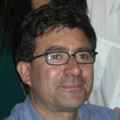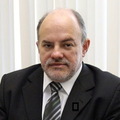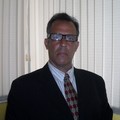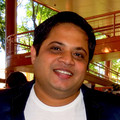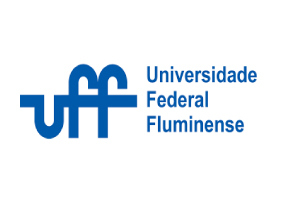In the twenty- fifth anniversary year of the historic 1992 “Earth Summit,” Common Ground
Research Networks will hold its annual International Conference on Environmental, Cultural,
Economic and Social Sustainability in Niterói, Rio de Janeiro, 19–21 January 2017. The special conference focus is Pathways to Sustainability: Challenges and Opportunities for State
and Society.
The state plays a contradictory role in sustainability politics, facilitating both environmental
degradation and environmental conservation. It stands at the interface between local, national,
and global politics and faces multiple—often competing—pressures. The pressure includes that from businesses, pressing for a political environment that is conducive to investment and economic development, and from citizens and social groups making a broad range of
demands for domestic and international security, economic stability, social public goods, and
environmental sustainability. Internationally, the state remains the sole representative of its
public, and it is legally the only actor with the regulatory authority and capacity to govern within
its territory. Yet, critical research on globalization suggests that the state is losing its autonomy,
yielding decision-making authority to international organizations, transnational corporations,
and non-governmental organizations. Activists are increasingly looking to non-state actors to catalyze the necessary social changes that will generate sustainability. This has produced a
rich literature on sustainable consumption, environmental citizenship, and non-state market-
driven forms of environmental governance that are reconfiguring society. But the state, while
inadequate on its own, is also indispensable—hence the “greening” of the state—advocated to
contain corporate power, channel the use of technology into low-carbon energy production, and
stimulate sustainable modes of production that respect ecological integrity and local cultures.






